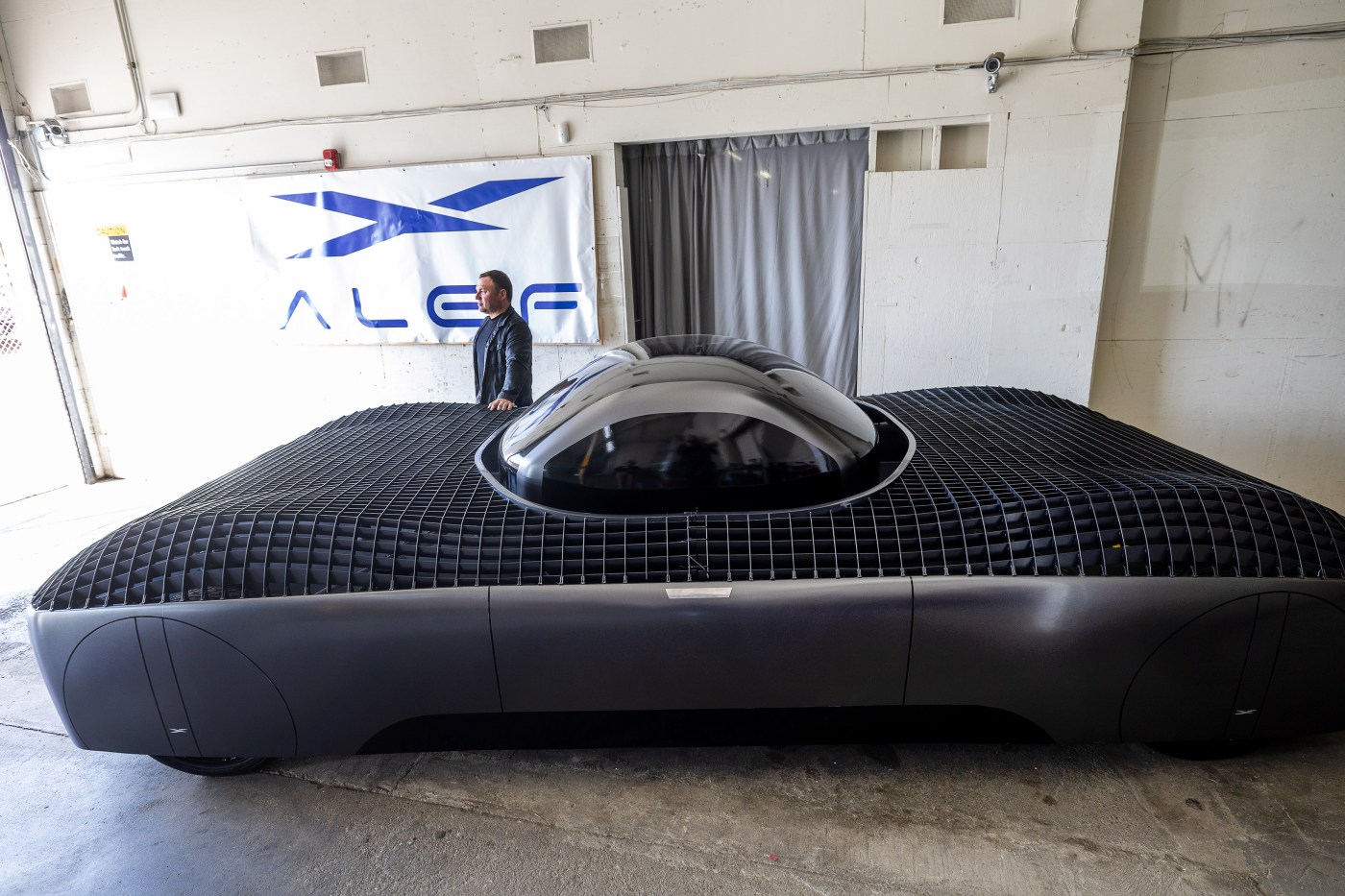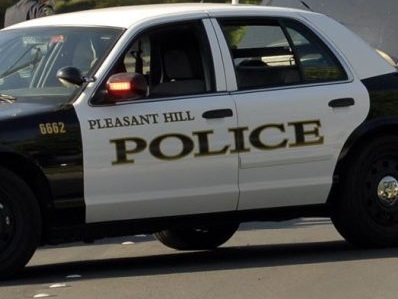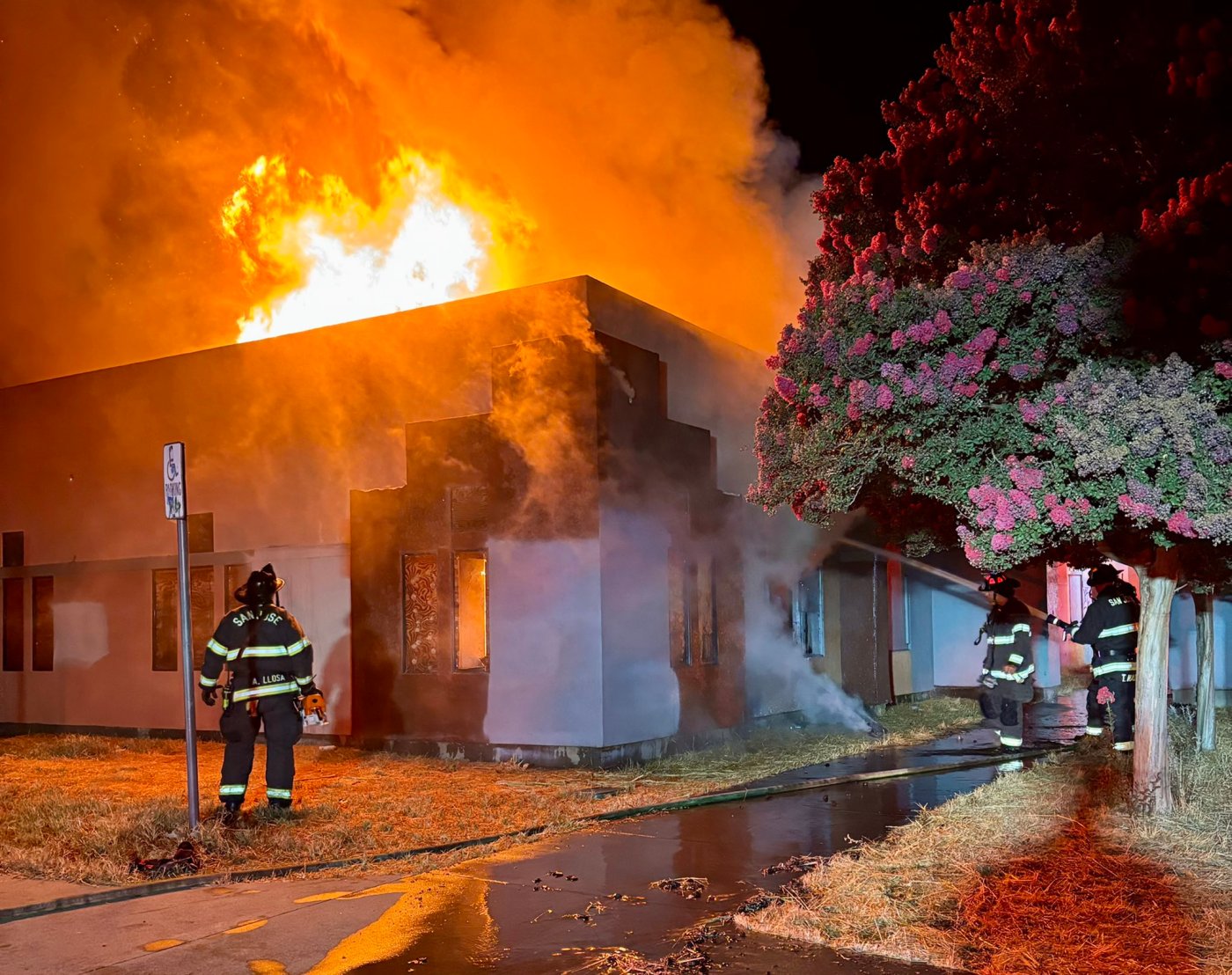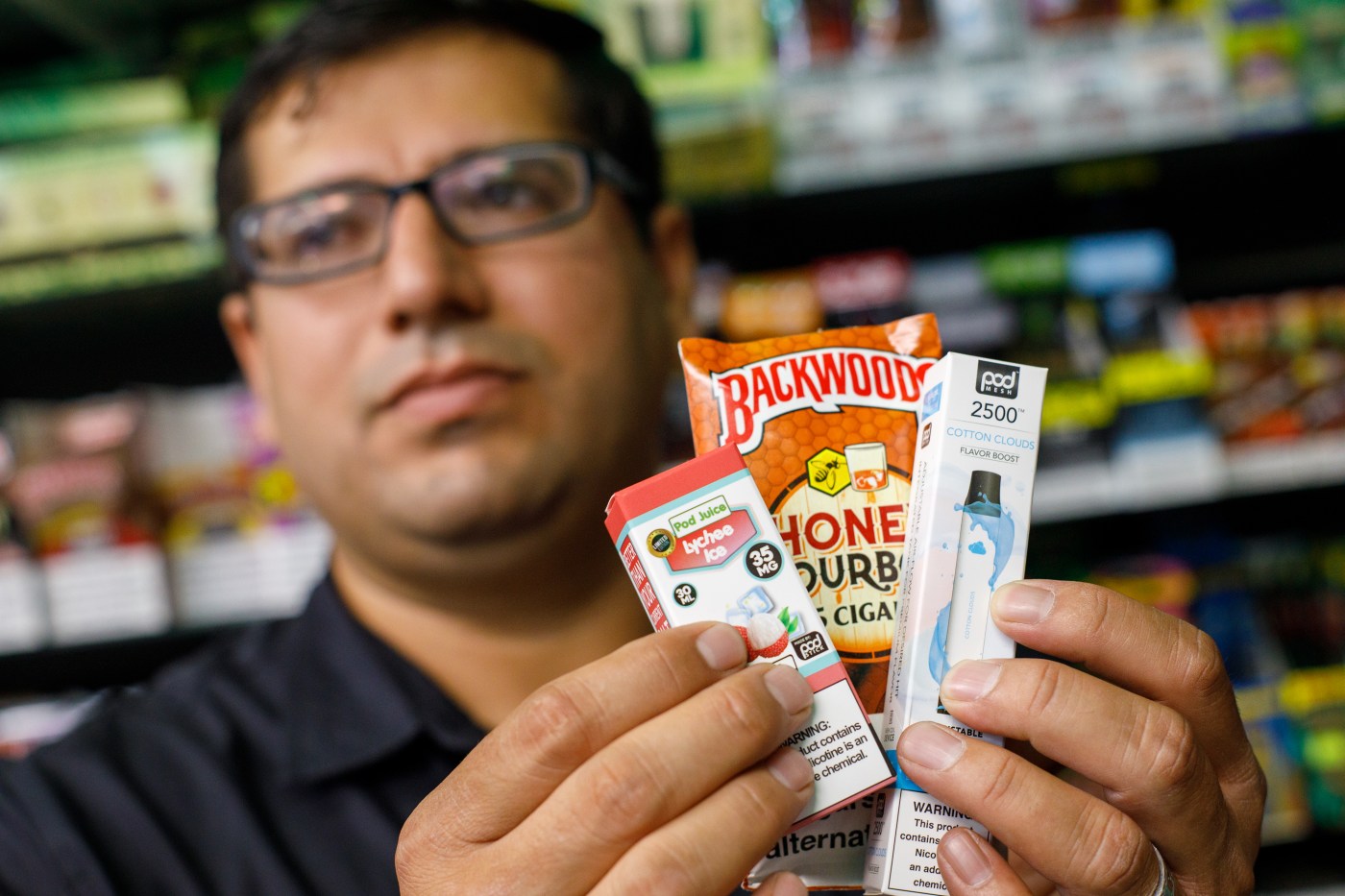Alef Aeronautics received approval to begin flying car tests at Half Moon Bay and Hollister airports this week, a step closer toward commercial production for what the San Mateo-based startup calls the “world’s first flying car.”
The company will start testing with its Model Zero Ultralight and later expand to other Model Zero prototypes and its $300,000 commercial Model A. Planned testing will include driving, vertical takeoff, forward flight, vertical landing and ground and air maneuvering. Alef said the vehicles will alert nearby aircraft during testing and use AI-based obstacle detection to ensure safety.
San Mateo County Airports has granted Alef a permit for intermittent operations at Half Moon Bay Airport, requiring at least 24 hours notice, limiting testing to a designated area and imposing daily fees, county spokesperson Davi Howard told this news organization in an email on Wednesday.
Related Articles
Nvidia faces trial over engineer’s ‘stolen’ code oops moment
Tech firm rents big chunk of Sunnyvale office space as market rebounds
After Trump announcement, Intel among several companies to make Bay Area job cuts
$210 million South Bay tech campus purchase points to weaker values
Nvidia forecasts decelerating growth after two-year AI boom
“We are committed to maintaining a safe and well-managed airport environment and will continue working closely with Alef to ensure all FAA and county requirements are fully met during these tests,” Howard said. “We look forward to supporting Alef as they continue their FAA-approved testing and advance the future of sustainable aviation.”
Alef CEO Jim Dukhovny said operating in smaller, untowered airports will help regulators, pilots and airport operators see how flying cars can fit into traditional aviation infrastructure.
“Working in safe, controlled, non-towered airport environments will help Alef, FAA, airport operators, and pilots see how this will work at scale,” Dukhovny said in a press statement. “Electric aviation is more environmentally friendly, quieter and requires less space — hence it is good to see Silicon Valley airports embracing electric aviation.”
Alef unveiled its Model Zero prototype in February at the Silicon Valley Auto Show and has already demonstrated a vertical lift-off. The fully electric vehicle is designed to climb as high as 2,000 feet, with a flight range of up to 110 miles and a driving range of 200 miles, according to the company. It currently operates semi-autonomously, with plans for fully autonomous models.
The startup has secured backing from venture capitalist Tim Draper and reported more than 3,300 preorders for the Model Zero to date. The company previously told this news organization it aims to bring costs down over time, but its first models will remain in the luxury price bracket.
Alef’s ambitious plans have generated global attention and skepticism.
Comedian John Oliver mocked its futuristic design during a March episode of “Last Week Tonight,” joking that it looked like “Lightning McQueen got canceled and rebounded by starting his own energy drink company.” Transportation advocates have also questioned whether flying cars will ever be practical or widely accessible, pointing to battery limitations, regulatory hurdles and the high cost of ownership.





